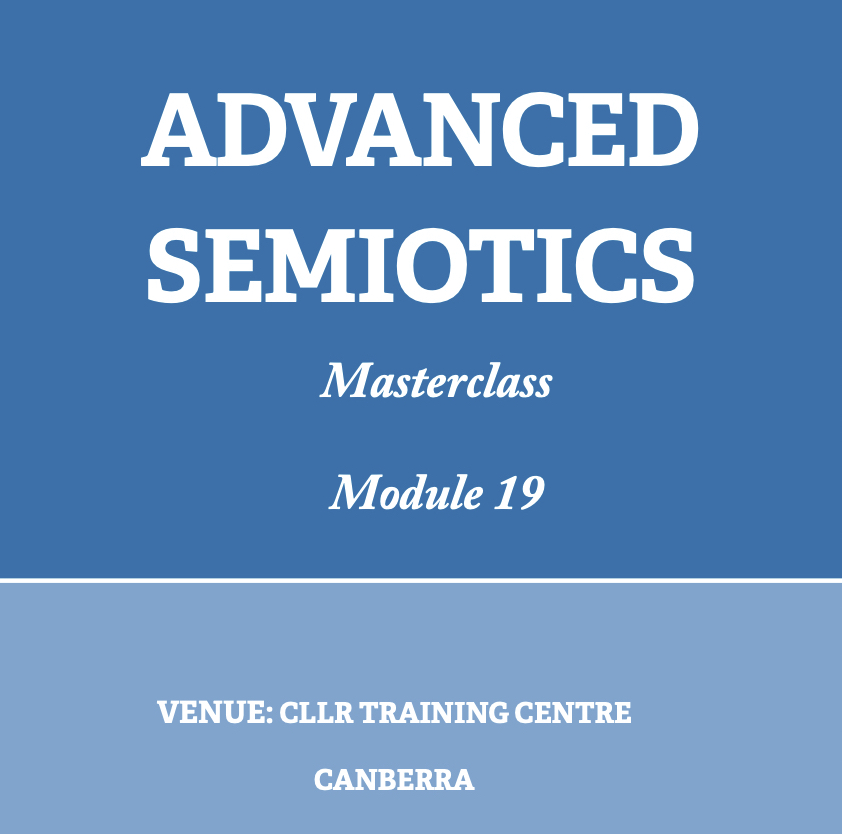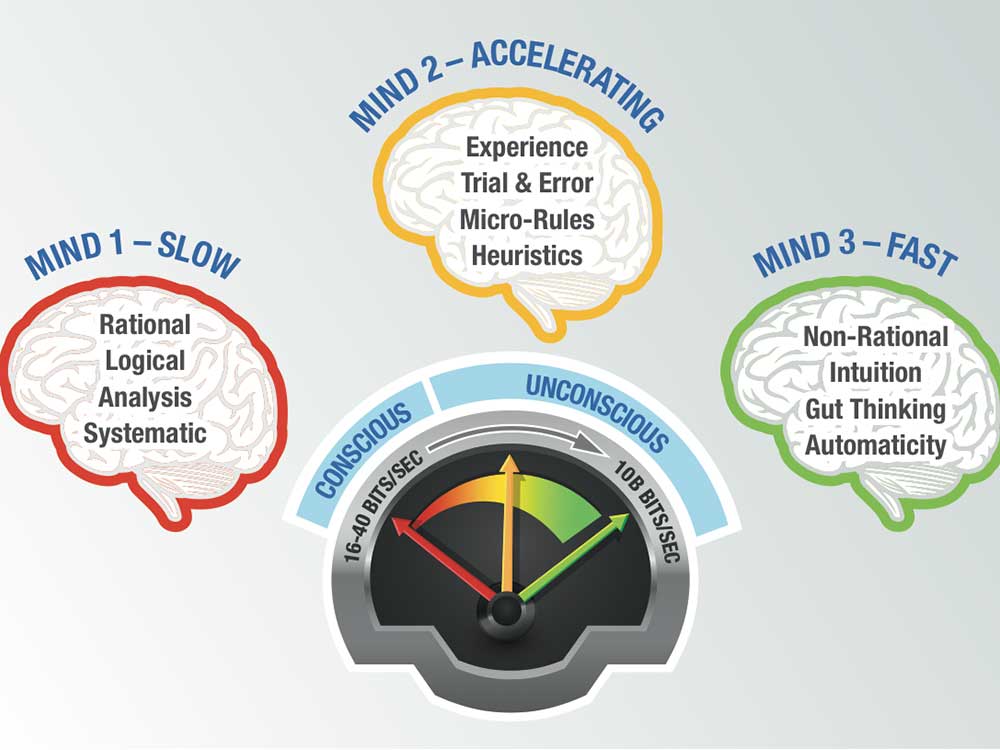
An Ethic of Risk Workshop Unit 17 (eLearning)
22 June 2020iCue Diagnostic Registration
27 November 2020Introduction
The study of semiotics is yet to become a mainstream consideration in the disciplines and in theories of epistemology. It is because semiotics ventures beyond a simplistic understanding of graphics, signs and symbols to an embodied understanding of the unconscious, that it sits on the margins. What we experience in a semiotic understanding of the world as semiosphere moves our understanding of society, culture and meaning (ontology).
In this workshop on Advanced Semiotics participants move beyond just an introductory awareness of signs, symbols and gesture to a bold understanding
of how these are embodied in the unconsious and the collective unconscious. It is impossible for humans to not think semiotically. All our language speaks through word pictures as metaphor and translates to meaning through: art, drama, literature, poetics, music, song, dance, ritual, myth and a host of non-STEM approaches to knowing. Much of how we find meaning is hidden and invisible yet is present in semiotics and their attement to myths.
This workshops provides a way of thinking dialectially through visualisation using a special technique developed by Roy Fitzgerald and is complemented
by the work of Rob Long of an SPoR reflection on the phenomenon of being as semiotic humans. When we tackle critical issues visually and semiotically we begin to gather new realisations and feelings about what is going on. We see differently and search for how things invisible can be made visible through the way visualisation helps ‘surfacing’.
When we realise that semiosis (meaning making) is hidden and invisible, then we begin to understand how everything has significance. We see trajectories more quickly and can make the invisible more visible to others and ethical outcomes more clearly known and articulated. This then leads to learning created through discovery and imagination so that even things unknown to oneself can be visualised and made known.
Expected Outcomes
By the conclusion of the unit participants will:
- Develop skills in thinking semiotically
- Learn to better order and think strategically, using visualisation
- Use semiotic conceptual thinking tools to tackle learning
- Better understand symbolic models, graphics and visualisation of meaning
- Understand semiotics, semiosis, semantics and the semiosphere
- Tackle semiotics dialectically, triarchically and hermeneutically
- Better comprehend Archetypes and the Collective Unconscious
- Learn more of the diversity of semiuotics including edusemiotics and biosemiotics
- Learn the power of metaphor and its semiotic intersections
- Link visualisation with implicit knowing and cultural discourse
- Develop tools in visualisation to articulate an experience and problem 12. Develop skills in visual and spacial literacy
 Loading...
Loading...
You must be logged in to post a review.




Reviews
There are no reviews yet.